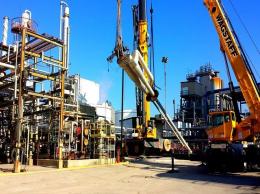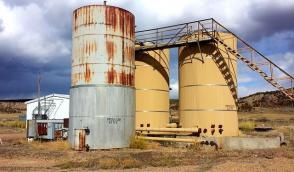![]() Nicola Mendelsohn, Facebook’s VP of the Middle East, Europe and Africa just completed a fact-finding trip to the area of her expertise. What she found there may be surprising.
Nicola Mendelsohn, Facebook’s VP of the Middle East, Europe and Africa just completed a fact-finding trip to the area of her expertise. What she found there may be surprising.
Eighty-five percent of the 191 million Facebook users access the social media platform using a mobile device.
Mendelsohn explained why usage is so different in MENA than in the west.
“I was in Nairobi, Kenya, earlier this year and their whole payment system there is mobile. M-Pesa is unbelievable. So you can be walking down the streets of a market, and the market will be no different to something that you could have been in a thousand years ago, but everyone is trading by using their mobile phone. And you kind of go, ‘well how come I can go shopping on the streets of London and it’s unfathomable [to be able to do that]?’ So there’s a lot we can learn from being over there.”
In Kenya Mendelsohn met a woman who owned a fashion outlet called Fashion254. She is marketing her specialty clothing on Instagram. She has buyers call her or send her WhatsApp message to arrange delivery. In 2013 Mendelsohn said she met people in Kuwait who were selling their sheep using Instagram.
On her visit to Saudi Arabia she met several women business owners through a group called Glowork. They sell their products, mostly to the overseas market, on Facebook.
“There are very different rules and laws within that country, and they have found the internet as a way of connecting to the world. They have found Facebook as a way to connect with their friends, families, businesses they are interested in. So what they talked about was that Facebook gave them a gateway to the world that they wouldn’t have had otherwise.”


